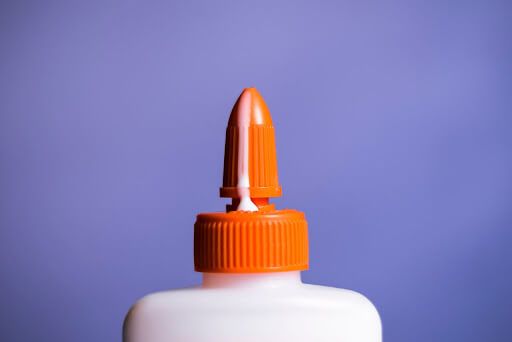Premature Ejaculation: Types and Causes
-
Published:06 July 2022
-
Updated:27 April 2025

There are three types of premature ejaculation: psychogenic, organic, and combined (showing signs of psychogenic and organic disorders).
Why Premature Ejaculation Occurs: Psychogenic Causes
- First of failed sexual experience.
- Lack of ejaculation control experience at the beginning of intercourse.
- Non-standard situations (suddenly interrupted intercourse due to external disturbances, e.g., the appearance of other people).
- The necessity to finish intercourse quickly.
- Anxiety.
- Tension.
- Excessive focus on the genitals, and erections.
- Anxiety, fears, and the tendency to ejaculate quickly due to unfavorable sexual conditions.
- Lack of involvement of one of the partners during intercourse.
- Low intercourse or masturbation frequency, causes excessive sexual arousal.
- Quick and abrupt genital withdrawal.
- Fear of being unable to deliver sexual satisfaction to the partner.
- Quick friction, fast body movements of the partner.
- The expectation of sexual failure syndrome.
- Inflated, unrealistic expectations about intercourse.
- Phobias.
- Emotional tension, which is not related to sexual activity.
- Unresolvable family issues.
- Difficulty identifying and describing one's own and others' emotions (alexithymia).
Causes of Organic Premature Ejaculation in Men
- Urological problems (urethritis, cystitis, folliculitis, prostatitis, vestibulitis, enuresis, prostate adenoma).
- Pelvic and spine fractures.
- Paracentral Lobule syndrome, is connected with disruptions in the nerve structures of the brain which are responsible for ejaculation (about 3-4% of cases).
- Hypersensitivity of the penis head (an increased number of nerve endings in the penis head and their higher sensitivity to pressure and friction than normal).
- Parkinson's disease.
- Chronic depression.
- Renal failure.
- Cancer diseases.
- Genetic predisposition.
- Medication (neuroleptics, antidepressants, antiepileptic drugs, beta-blockers).
Combined Type of Premature Ejaculation
The combined premature ejaculation includes different psychogenic and organic causes. For instance, a man suffering from a genitourinary disease and in conflict with his partner has premature ejaculation due to his fear of the consequences of the disease and of not satisfying his partner. Lacking adequate support from partners, anxiety, and tension during every consecutive intercourse will lead to the development of neurosis and the perpetuation of habitual premature ejaculation.
Additional Factors Affecting Ejaculation
Several factors that may indirectly affect the development of premature ejaculation:
- Age of 45 and over.
- Sedentary lifestyle (including sedentary work).
- Obesity (more than 15 kg overweight).
- Smoking (even a few cigarettes per day).
- Alcohol and drugs.
- Nutritional imbalance (predominance of fast carbohydrates).
- Avitaminosis.
- Lack of regime (insufficient sleep and rest time).
- Working in hazardous conditions and/or hard physical labor.
In case, you or your partner experience cases of premature ejaculation mentioned above, we advise you to examine the dynamics of these disruptions and consult with a specialist for treatment options.
For more information on the treatment of premature ejaculation, please read our other article.







.svg)
.svg)
